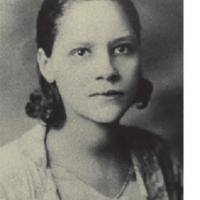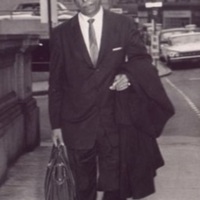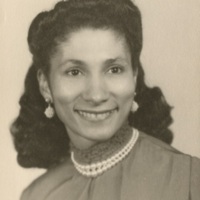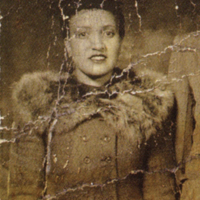Postwar United States
1945-1970s
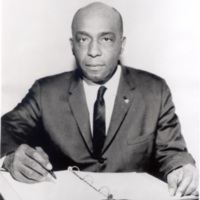
The era immediately following World War II brought about vast changes, not only in foreign policy, but in economics and a changing civic landscape. The liberalism of the New Deal era grew into movements towards increasing civil liberties and economic opportunities, particularly for minorities and women. Protests became more and more common to the average American as groups demanded equal rights and voting equality. These movements were juxtaposed with Jim Crow laws and the reemergence of the KKK, which showed the darker side of life in the American South.
The Cold War pitted the United States and its allies in the newly formed NATO against the ever-increasing and expanding Soviet Union and its fellow Communist regimes, particularly China, Korea and Vietnam. While this era is considered Postwar, it is in fact a move towards a new type of war, where campaigns are fought not only on the battleground, but in the political arena and social consciousness as well, fueled strongly by the increasing influence of television news. The fall of the Nazi regime opened the door to the Iron Curtain and Soviet dominance of Eastern Europe, and the defeat of Japan opened previously invaded lands to the chance to choose new leaders, many of whom sided with the tenants of Communism over those of Capitalism. The United States would spend much of this time period combating the “Domino Effect” to try and stem the spread of Communism, particularly in its own hemisphere with Cuba. At the same time, the United States invested millions into Western Europe through the Truman Doctrine and the Marshall Plan to halt the spread of Communism further west.
Learn more in the National U.S. History Content Standards
The Cold War pitted the United States and its allies in the newly formed NATO against the ever-increasing and expanding Soviet Union and its fellow Communist regimes, particularly China, Korea and Vietnam. While this era is considered Postwar, it is in fact a move towards a new type of war, where campaigns are fought not only on the battleground, but in the political arena and social consciousness as well, fueled strongly by the increasing influence of television news. The fall of the Nazi regime opened the door to the Iron Curtain and Soviet dominance of Eastern Europe, and the defeat of Japan opened previously invaded lands to the chance to choose new leaders, many of whom sided with the tenants of Communism over those of Capitalism. The United States would spend much of this time period combating the “Domino Effect” to try and stem the spread of Communism, particularly in its own hemisphere with Cuba. At the same time, the United States invested millions into Western Europe through the Truman Doctrine and the Marshall Plan to halt the spread of Communism further west.
Learn more in the National U.S. History Content Standards
Recently added items
Amaza Meredith
Amaza Lee Meredith broke through racial and gender barriers in architecture and artistic design.
Oliver White Hill
Oliver White Hill served as counsel in the groundbreaking Brown v. Board of Education case in 1954.
Dorothy Hamm
Through legal and political actions, civil rights activist Dorothy Bigelow Hamm fought for African American equality.
Henrietta Lacks
Henrietta Lacks's cells, known in the medical world as HeLa cells, were the first human cells to be grown successfully outside the body for more than a short time.

